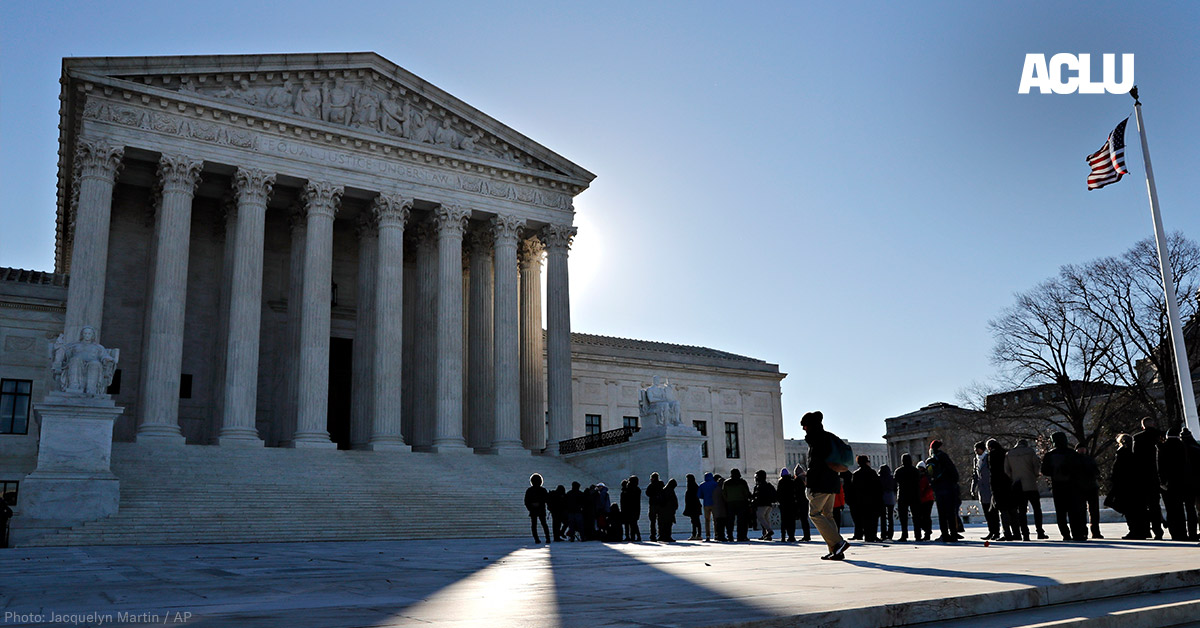In a year when we’ve seen states throughout the South and Midwest move to ban abortion and restrict access to reproductive health, California could soon cement its reputation as a leader in reproductive freedom. This past week, the state legislature passed SB 24 to ensure that medication abortion is available to college students in public universities.
Jessy Rosales, a UC student, struggled with paying for care and dealing with the complexities of insurance plans when she needed an abortion. She had to go off campus to three different providers, which took time away from class, work, and other responsibilities. Jessy’s grades slipped as she tried to navigate the obstacles to getting an abortion. Such financial, logistical, and emotional tolls are completely unnecessary.
Every month, approximately 500 students at the UC and CSU campuses seek the abortion pill at off-site health care facilities. On average, a student seeking abortion in California will have to wait one week for the next available appointment at the facility closest to their campus — and that’s assuming they can make it to the appointment. More than half of all students in UC and CSU universities are low-income and over two-thirds of UC students and one-third of CSU students do not have a car, so cost and transportation are critical barriers for many. Students of color, low-income students, first-generation college students, and students who are already parents or supporting their families are particularly harmed by barriers to accessing comprehensive reproductive care.
State Sen. Connie M. Leyva (D-Chino) authored the groundbreaking bill to require every University of California (UC) and California State University (CSU) campus to provide the abortion pill — a safe and effective method to end a pregnancy — at student health centers. The law would eliminate barriers currently faced by students who struggle to travel off campus to obtain an abortion, which results in unnecessary hardship and delay. California’s effort to improve access to abortion care is a bright point in a national landscape that has seen access to abortion decrease significantly. In the first nine months of 2019 alone, seven states banned all or most abortions. And the Supreme Court is likely to further gut abortion rights, even if it doesn’t immediately overturn Roe v. Wade.
Student health centers already provide a range of reproductive health services including testing and treatment for sexually transmitted infections, pregnancy tests, pregnancy options counseling, and contraception. It just makes sense that the abortion pill — safe, effective, and simple to provide — should be among the services offered.
Research shows that student health centers are well equipped to offer the abortion pill, and private funders have come forward to pay the costs of implementation and training.
In addition, students and allies from across the state have built a groundswell of support for SB 24. Six in 10 Californians support providing the full range of reproductive health care including the abortion pill, including majorities of every age bracket. The ACLU of California is proud to be one of seven organizational sponsors of SB 24, which has received support from over 130 organizations, including the American College of Obstetricians and Gynecologists, the American Academy of Pediatrics, and other medical groups; reproductive health, rights, and justice organizations; and community groups from every part of the state. The Los Angeles Times editorial board came out in support of the measure, calling it a “sensible and smart addition to the healthcare services.”
Last year, California narrowly missed a chance to make history and support its students when a similar bill (SB 320) was vetoed by Governor Jerry Brown. At that time, now-Governor Gavin Newsom said he supported the bill. Today, SB 24 sits on his desk awaiting his signature.
The future of abortion rights in the U.S. may be uncertain, but California is poised to lead the nation in expanding access. SB 24 is a testament to California’s spirit of innovation, the drive of our young people, and our commitment to a better future. It sets a new standard for campus care that we can all be proud of.
Phyllida Burlingame, ACLU of Northern California
& Jennifer Dalven, Reproductive Freedom Project
Date
Thursday, September 19, 2019 - 2:30pmFeatured image





